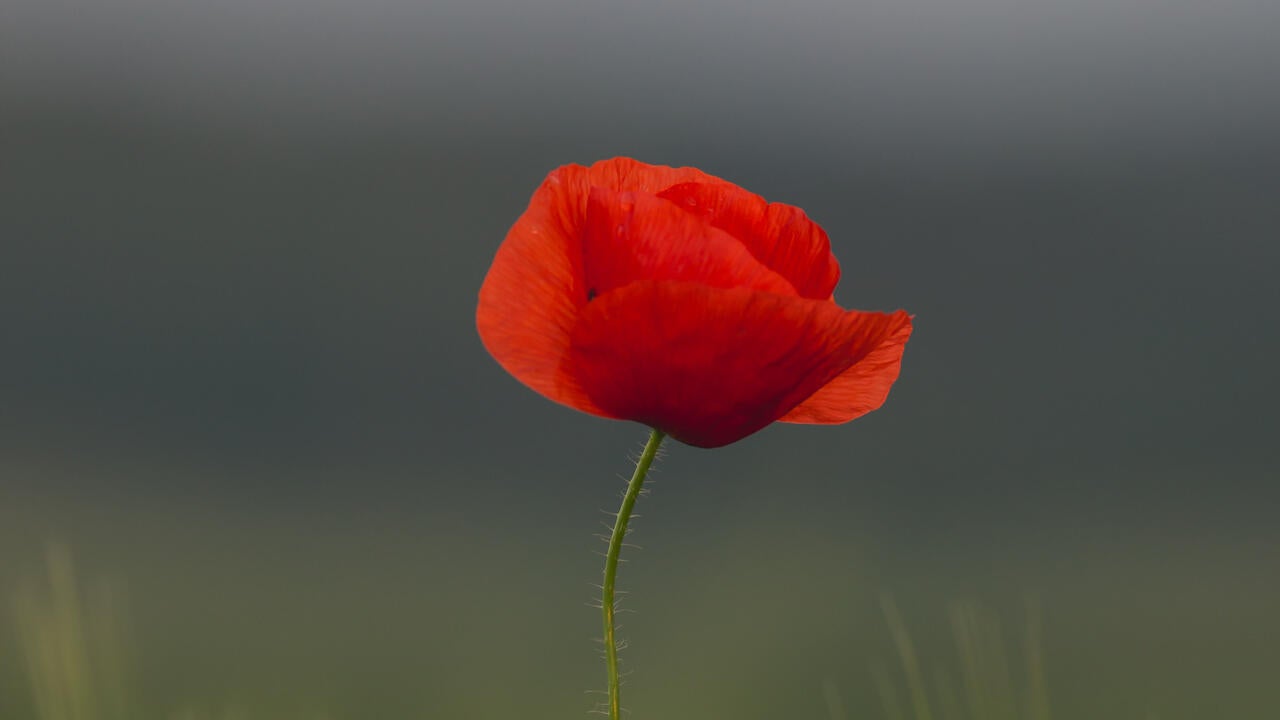
Remembrance Day 2023
Let us think about our mission as students, staff, faculty and alumni, and pledge to pursue knowledge and action that will sow seeds for a peaceful future

Let us think about our mission as students, staff, faculty and alumni, and pledge to pursue knowledge and action that will sow seeds for a peaceful future
By Vivek Goel President and Vice ChancellorAs we mark Remembrance Day this year, we are reminded that the shadow of violent conflict is not confined to the pages of history books; it is a present and pressing reality. November 11 is our opportunity to honour the sacrifices of those who have put themselves in harm’s way to preserve our freedoms.
While we are fortunate that Canada has been spared the direct impact of on-going conflicts, it does not mean we are untouched. The consequences of these wars ripple across communities, time and distance, affecting us all in profound ways.
We can reflect on and thank the members of our armed forces whose sacrifices are far-reaching, often involving long periods away from loved ones, and sometimes, making the ultimate sacrifice. Canada’s veterans come from all walks of life. They are our neighbours, friends and family.
They also include members from diverse communities, whose acts of heroism and selflessness have too often been overlooked or diminished in our collective recounting of history. Right here in Waterloo Region the grave of Pte. Buckam Singh can be found in Kitchener’s Mount Hope Cemetery. A cherished piece of history, he was one of just nine or ten known Sikh soldiers to serve in the Canadian Armed Forces during the First World War. His grave is the only known military grave in Canada of a Sikh soldier from that war.
As an institution dedicated to education, research, and service, the University of Waterloo is uniquely positioned ensure we understand such historical contributions. It is also important that we continue to study and teach the causes of conflict and the solutions for peace.
Across our faculties, we study the history, political science and governance behind conflicts. Many historians, social scientists, even philosophers have devoted their professional lives to developing a deep understanding of the complexities of past wars and the long-term impact of these conflicts on societies.
Sadly, war and conflict persist, despite their terrible cost. Through empirical study we can gain insight into the mechanics of international relations and the intricate balance of global peace and security in hopes of preparing the next generation of peacebuilders. By equipping them with the knowledge to navigate and resolve conflicts, advocate for social justice, we are investing in a more peaceful and equitable world.
This Remembrance Day, let us think about our mission as students, staff, faculty and alumni, and pledge to pursue knowledge and action that will sow seeds for a peaceful future.

Read more
Waterloo historians say JFK angered his hawkish advisers and resisted going to war at least six times during the Cold War

Read more
The number of Canadian veterans diagnosed with posttraumatic stress disorder has almost tripled since 2007, creating an increased need for mental health services to aid their recovery

Read more
Waterloo history student honours Private Albert Laubenstein whose remains were found last year - almost 70 years after he was killed in World War Two
The University of Waterloo acknowledges that much of our work takes place on the traditional territory of the Neutral, Anishinaabeg, and Haudenosaunee peoples. Our main campus is situated on the Haldimand Tract, the land granted to the Six Nations that includes six miles on each side of the Grand River. Our active work toward reconciliation takes place across our campuses through research, learning, teaching, and community building, and is co-ordinated within the Office of Indigenous Relations.